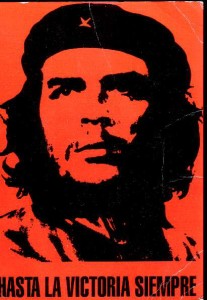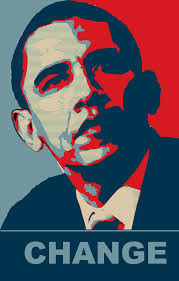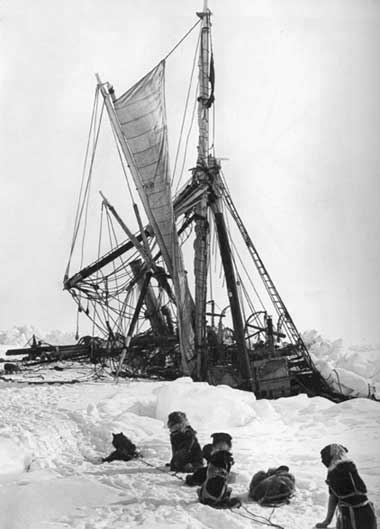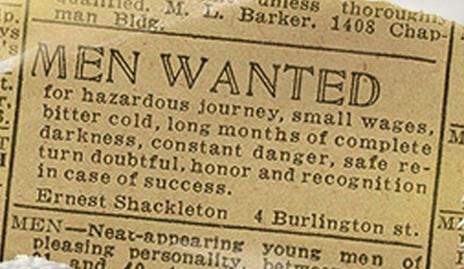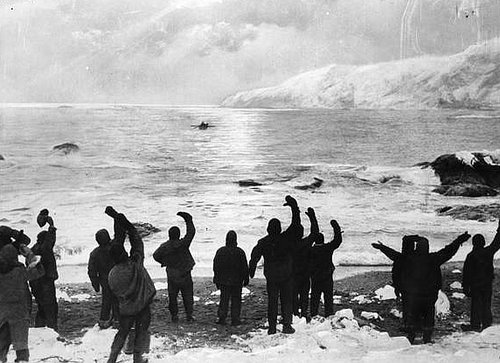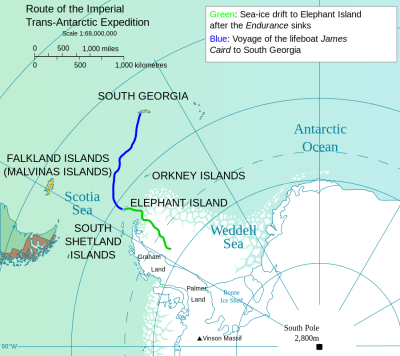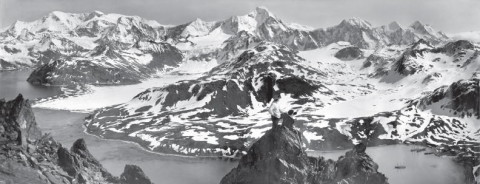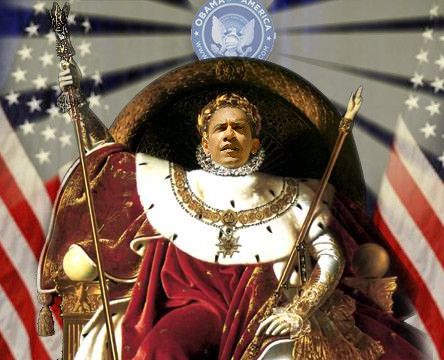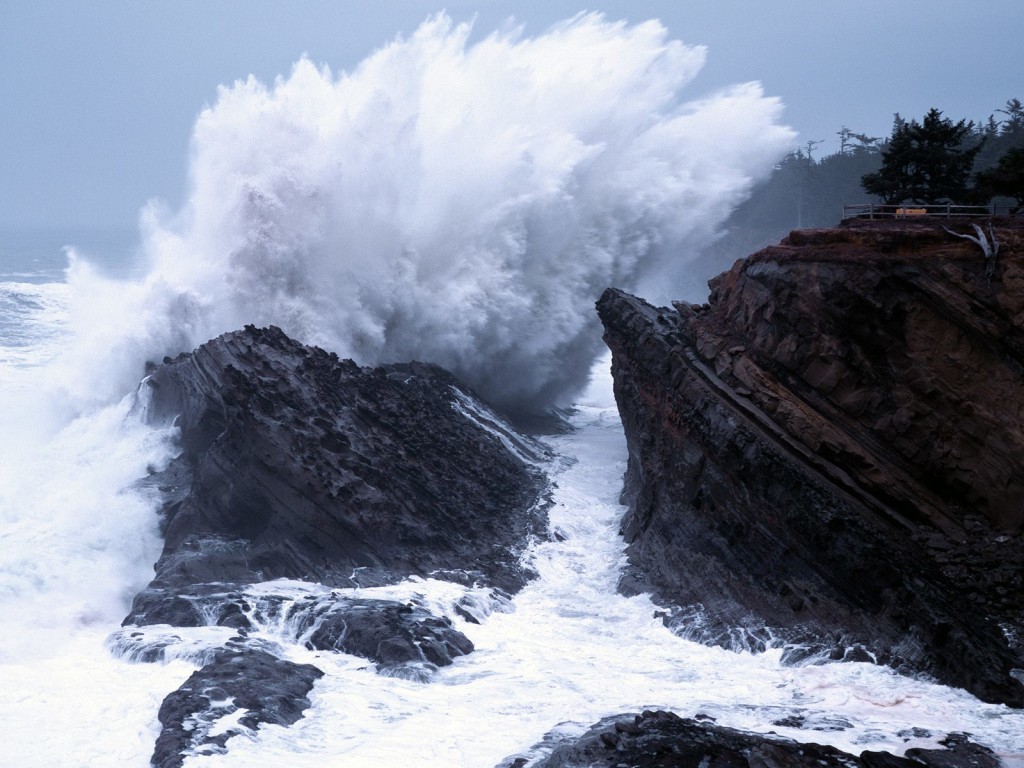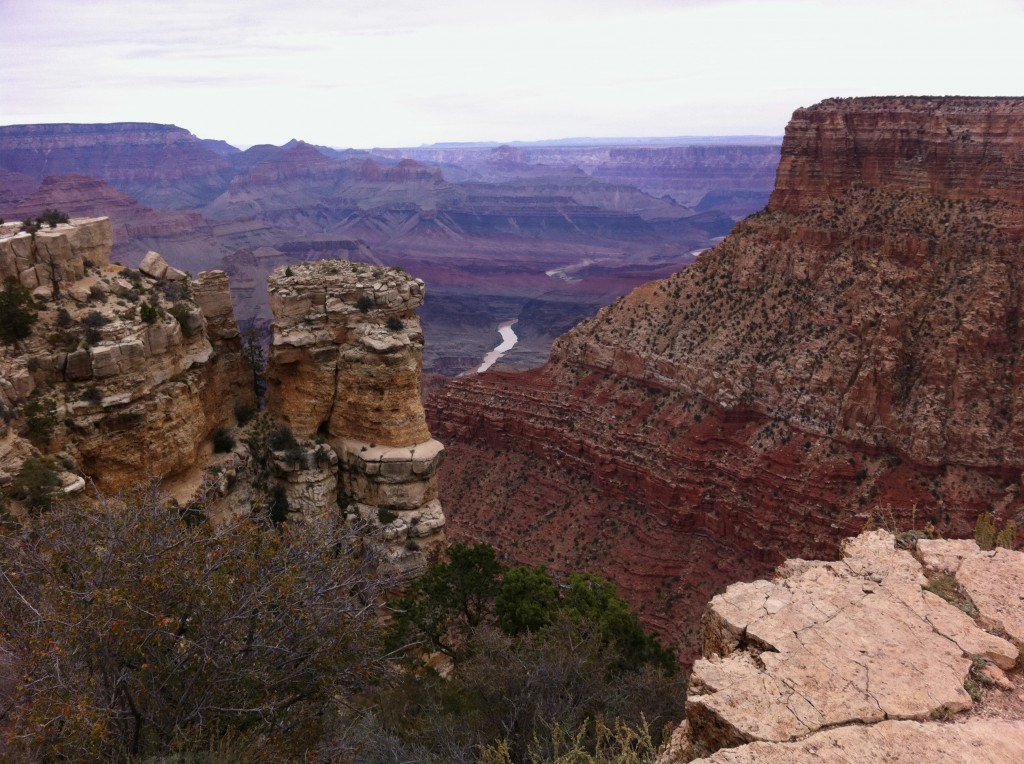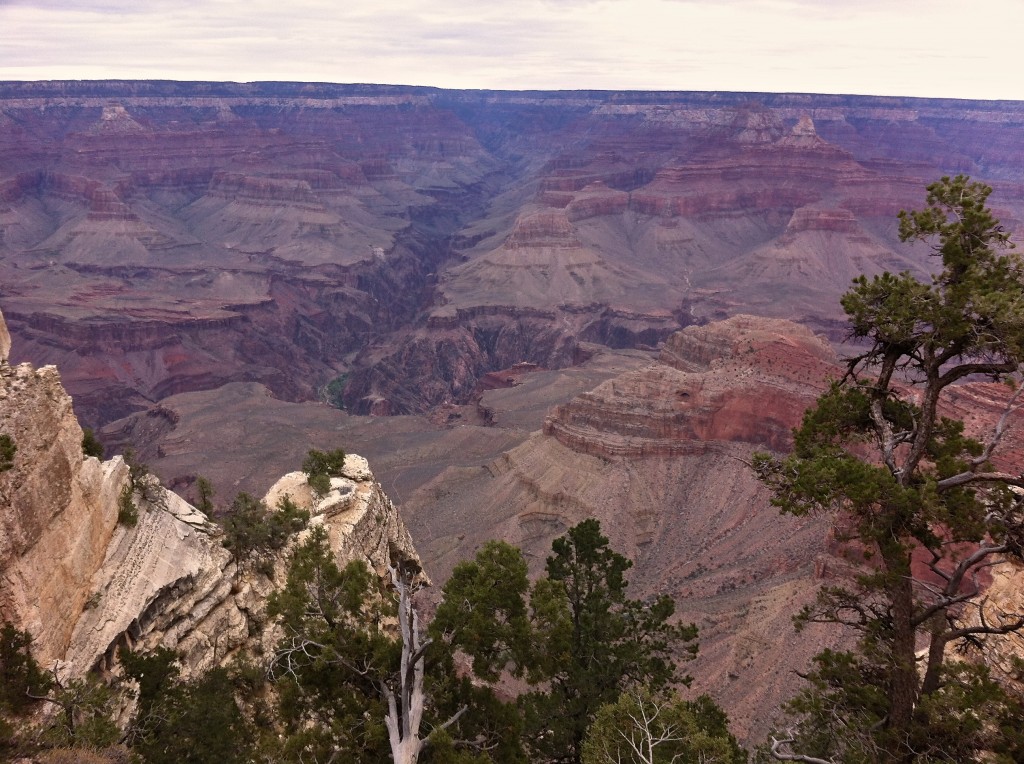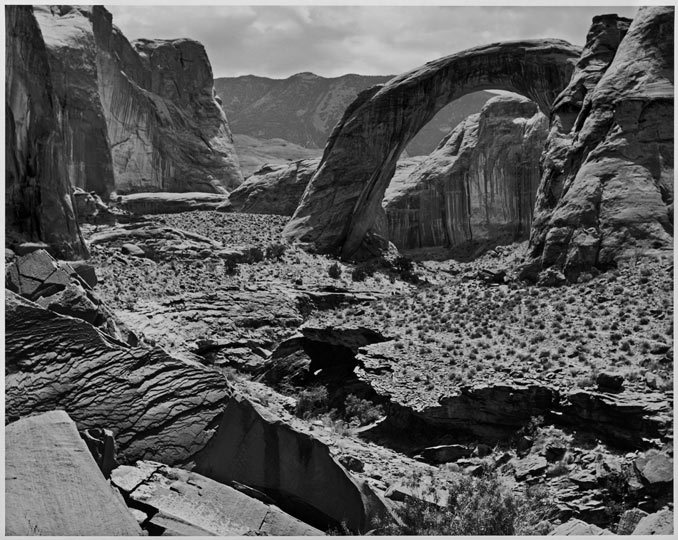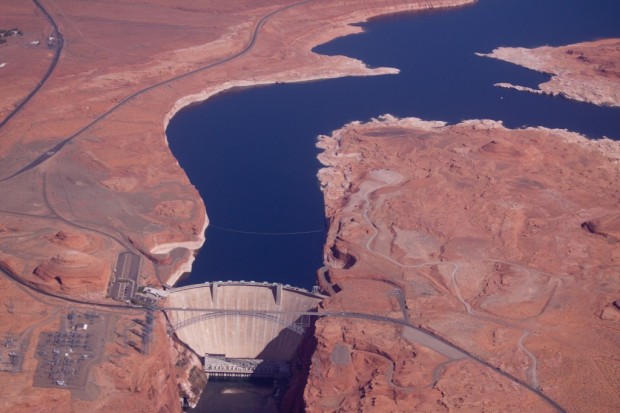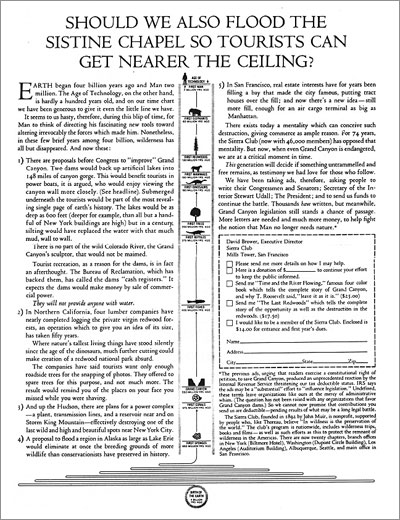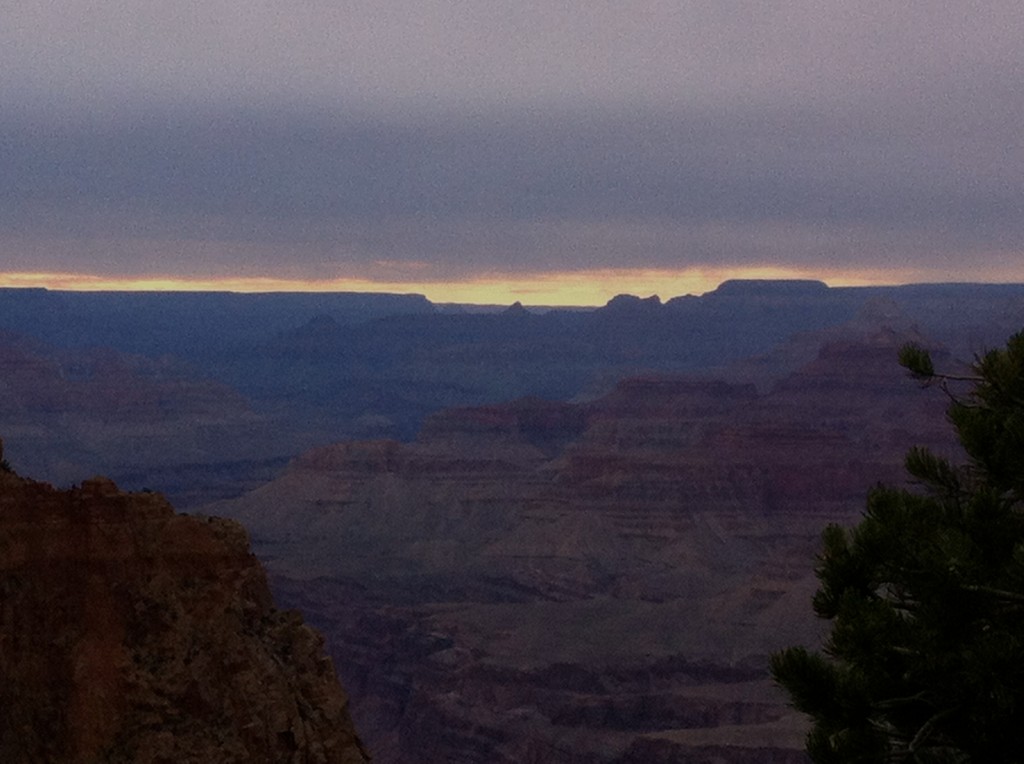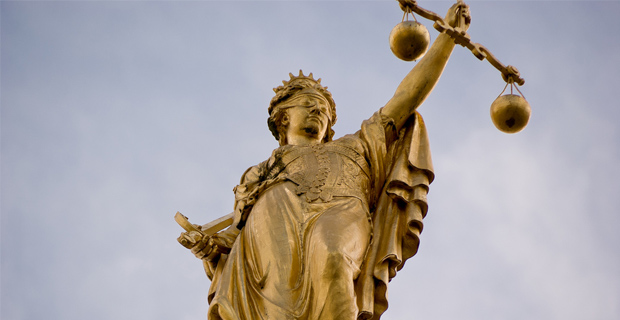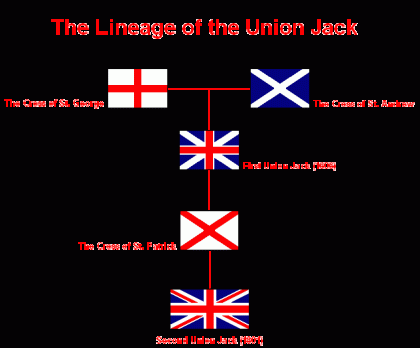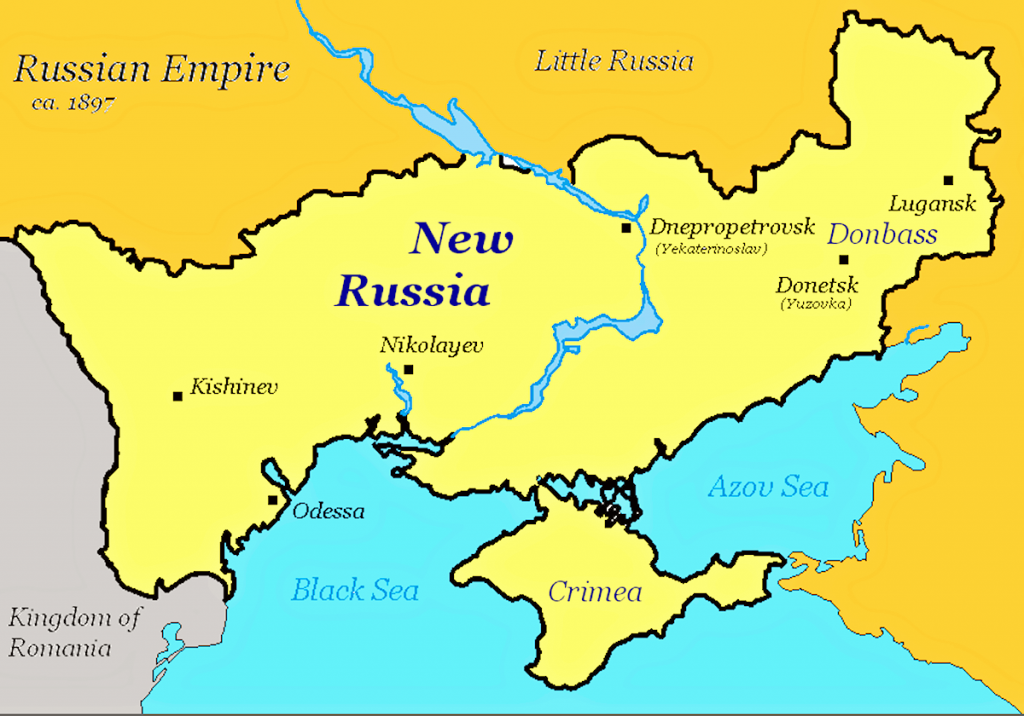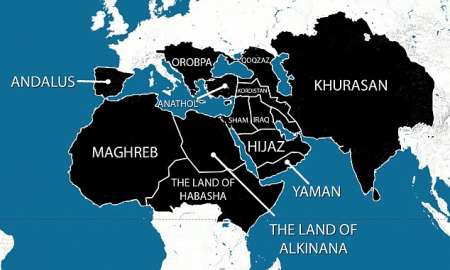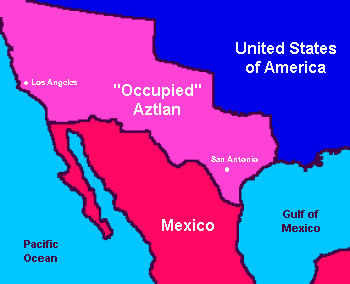
In all the stories assumed to be the Christmas miracle story of 2014, the story no one predicted was the resurrection of the American economy on the muscular shoulders of the American oil industry. On the gas pump above frozen in time like a faded photograph are the gasoline prices when America was the number one producer of oil for the world, before the OPEC oil embargo, the piling on of taxes on the energy sector, the mythic concept of Peak Oil and the fading of carbon as an available source of fuel and energy, and the concern about global warming converted to “climate change” (with the unexpected lack of global warming) and the rising CO2 emissions. A colossus of current events, however, are driving down energy prices to the point where, inflation adjusted, we may see prices comparable to the ancient levels, with the resultant spectacular boost it will provide the economy through inexpensive available energy and to the individual in freedom of transport.
In the millionth example as to how progress in society is best achieved through the power of individual initiative and creativity and not plodding government bureaucracies, the American Oil Revolution is a prime case study. Left to the nanny state mentalities of the modern government agencies, no revolution would have come about. Since 1990, on the basis of the dogma of carbon energy as the enemy, western governments have progressively looked to stamp out oil and coal initiatives because of the propped up science “connecting” global warming as an anthropomorphic phenomena and rising CO2 emissions as the world became progressively developed. The Kyoto accord looked to remove carbon as the fuel for economic expansion in the first world economies, allowing the developing world to “catch up” and to create a veneer of ‘sin’ associated with man’s progress as individuals. This argument was buttressed by the concept of Peak Oil – the world’s supply of oil was finite, and as we had found all there was to find, the inevitably scarcer oil resource had to be adjusted for by “good” technologies yet to be invented and aggressively put in place of oil. As expected, technologies artificially propped up by governments before their technical time, like wind and solar, created associated boondoggles, enormous waste of investment, lots of dead birds, and essentially no bump in net energy (energy creation/energy expended = net energy). As oil was yesterday’s fuel, the American government willfully restricted access to known oil resources on public lands, to assure the narrative and reorder societal behavior.
Leave it to those Texans to save us once again from ourselves. On private lands, experimentation on so-called inaccessible oil locked in rocks began in the 1990s and took off in the first decade of the 21st century in the form of fracking – the process of pressure injecting sand and water to create channels of oil flow in oil tied up in eons of rock. As the government struggled to contain the action on private lands, the progressive success of the process spread to areas of the country long considered dead to energy production – North Dakota and Pennsylvania with the stunning result that not only could the oil be captured safely and economically but in quantities that soon put the Peak Oil argument to shame. Hundreds of millions of years of organic detris preferentially distributed in the continental expanse of North America at levels only conjectured about became accessible, and the miracle was on.

And so the miracle of the United States surpassing once again Saudi Arabia as the number one producer of crude oil in the world. The effects of such a stunning turnaround are yet to be fully evolved. The initial downstream effect has been a glut of oil and natural gas that has created a dramatic downward pressure in oil prices. WTI Crude Oil per barrel was $54.73 per barrel on December 27, 2014. On September 6th, 2013 it was 108.12. This 50% reduction in the price of crude oil has been resulted in the fracturing of the continuity of OPEC, the brazen effort by Saudi Arabia to maintain production highs to try to “starve” the American oil producers who require a higher oil extraction price, and the secondary effect on the dictators in Venezuela, Russia, and Iran that have funded their extremism and revanchist expansionist policies on a steady high oil price. The benefit to the energy consumer, the individual in prices at the gas pump and the producer of goods and services in the reduction in energy outlay, is profound. The benefit in removing oil as a weapon used against western society is equally profound.
And yet, the lingering issue of carbon emissions and the resultant CO2 effects on potentially precipitating climate change. What good could possibly come from the entrepreneurial efforts of independent thinking Texas oil men when the world’s climate is at stake? The answer? — never doubt the creative intellect of the individual free to solve problems without an overbearing tiller of an oppressive bureaucratic regime. The next coming miracle may be EOR-Enhanced Oil Recovery. It turns out those Texans have not only resorted to fracking, but for decades have been thinking about the so-called exhausted wells they already own. The traditional drilling process extracts only about 30-40% of an oil field’s available oil before it is “exhausted” by the lack of pressure to retrieve the residual 60% of the oil left behind. It has always been cheaper to simply find another oil field to drill. The estimated 100 billion barrels of oil remaining in US wells after exhaustion of the well has been waiting for technology to deliver a solution. As fracking was to shale rock, EOR is to exhausted wells. The process of extracting the retained oil may be best solved by the utilization of — wait for it – CO2. That’s right, the “evil” gas CO2 created by man’s energy demands particularly by coal burning plants may be the savior of attaining oil from exhausted wells. CO2, in a liquified state, injected under pressure proves to be a unique solvent freeing retained oil for well to once again produce.
Samuel Thernstrom in the Weekly Standard describes in a must read article a process where the billions of tons CO2 emissions created by coal burning plants could be captured and sold to the oil industry for EOR extraction, thus increasing available oil and reducing CO2 emissions into the atmosphere by injecting them back into the ground where they came from in a perfect dance of environmental and energy policy.
All proves possible again when you rely on the instincts and genius of the individual seeking to advance the world he or she lives in.
I don’t know if the amazing revolution in energy back to attainable carbon will be the final answer to continuing the process of achieving a more civilized and kinder world to more and more of the world’s population. I do know however, time and time again, the answer will be found in the fertile mind of an individual who, released from the oppressive weight of a government that thinks it knows the future, will bring the future to us all.



